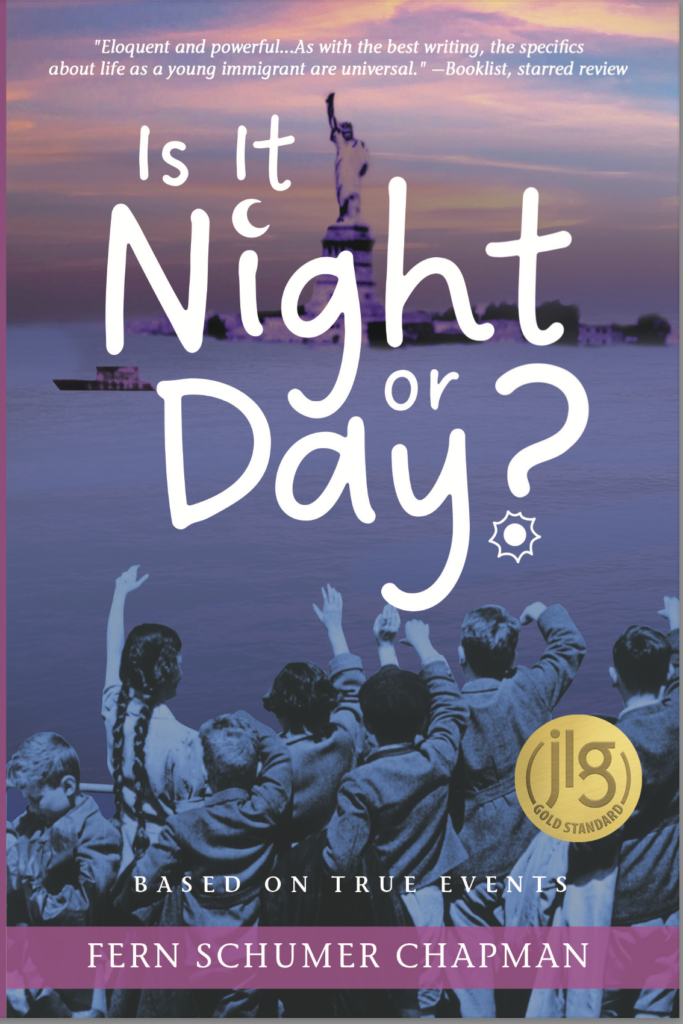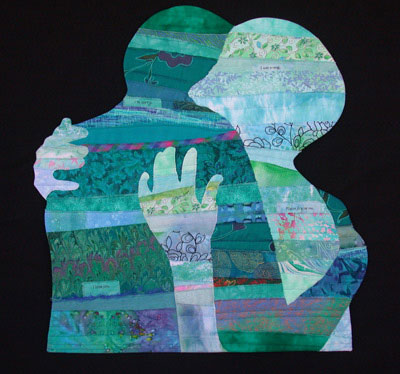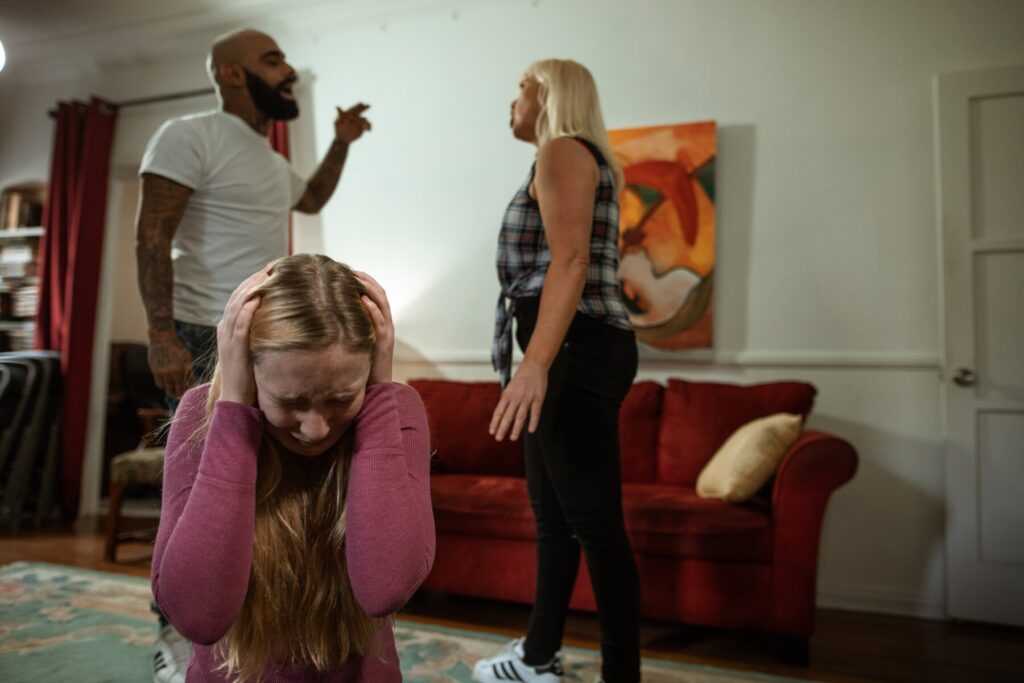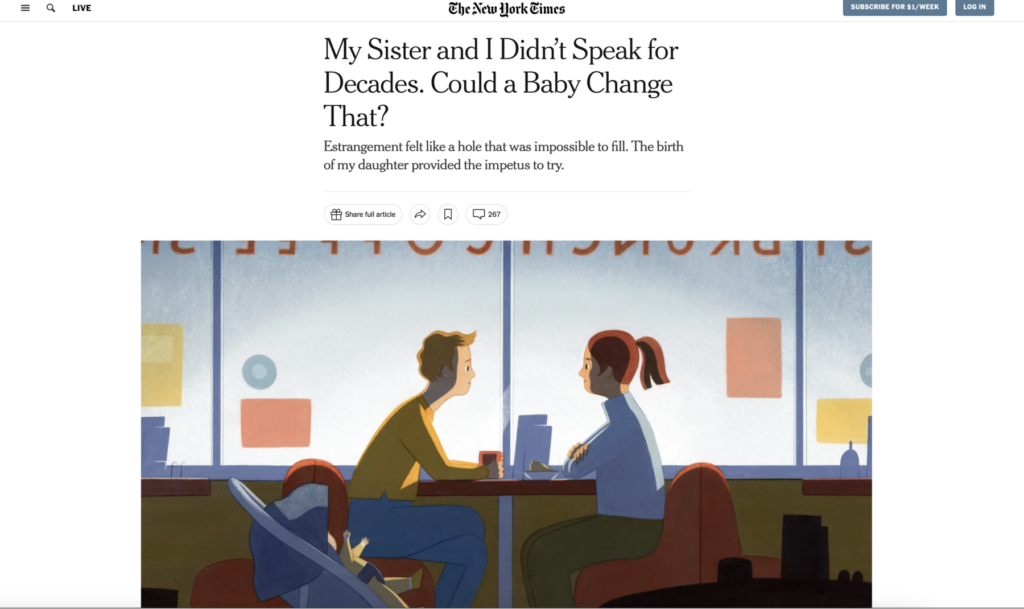New series gently introduces young readers to Holocaust
By fern | General, Immigration, Is It Night Or Day?, Legacy, Loss, Motherland, On Germany, Trauma
A series that gently introduces young readers to the Holocaust! These remarkable personal stories inspire and inform as they introduce young readers to this important chapter in history and its long reach! Ideal for middle-school discussions on moral guidance, citizenship, and historical responsibility, the books in the Legacy of the Holocaust series use photographs, texts, and historical documents to cultivate empathy in readers. * Middle School Sleuths shows how an ...









